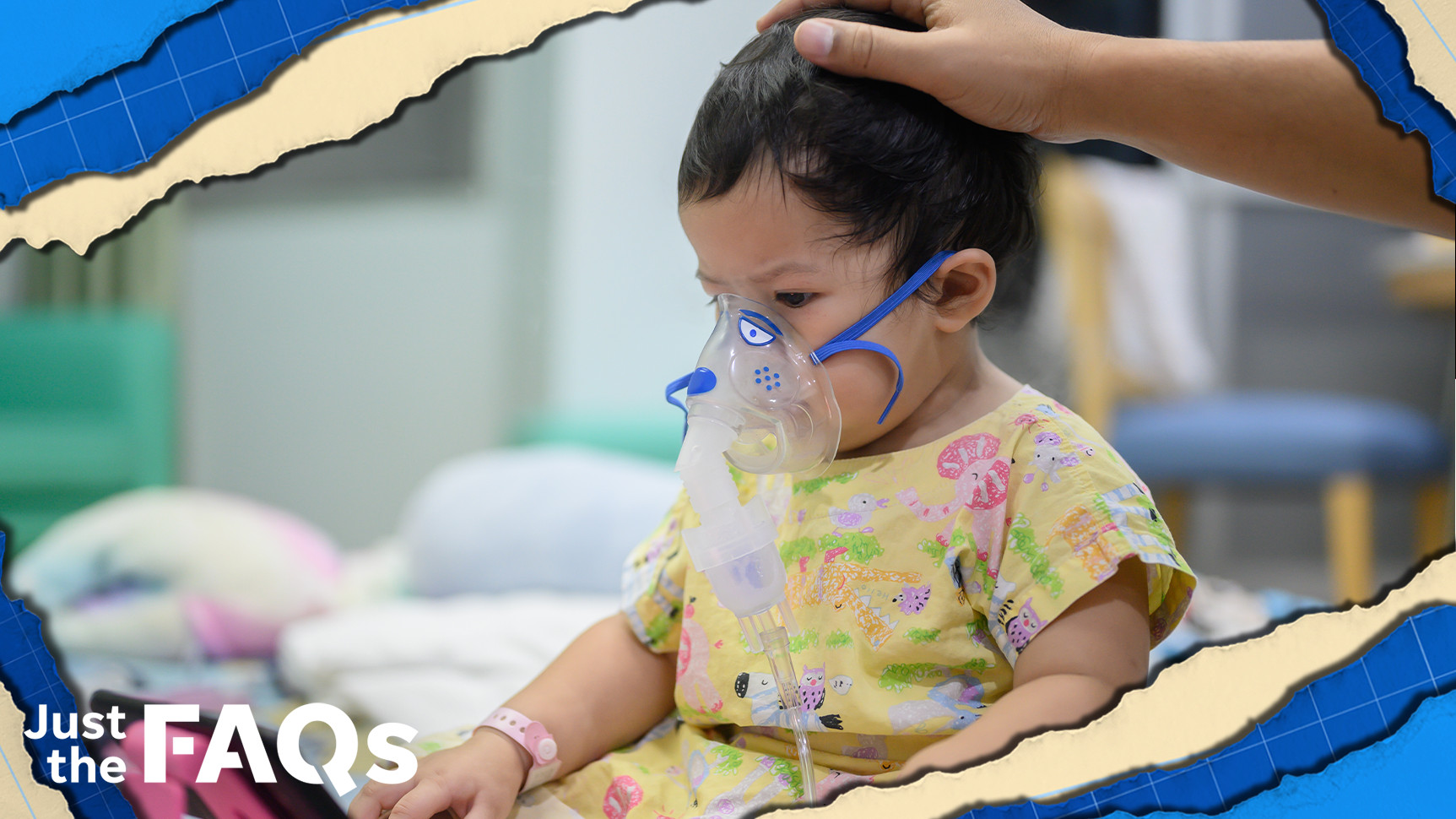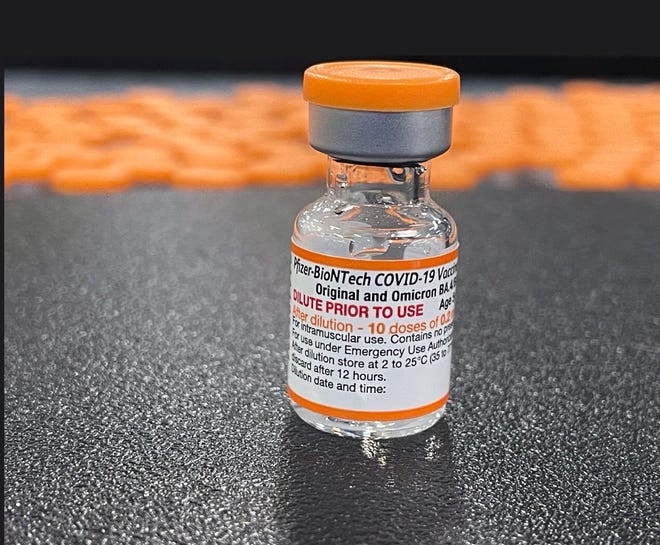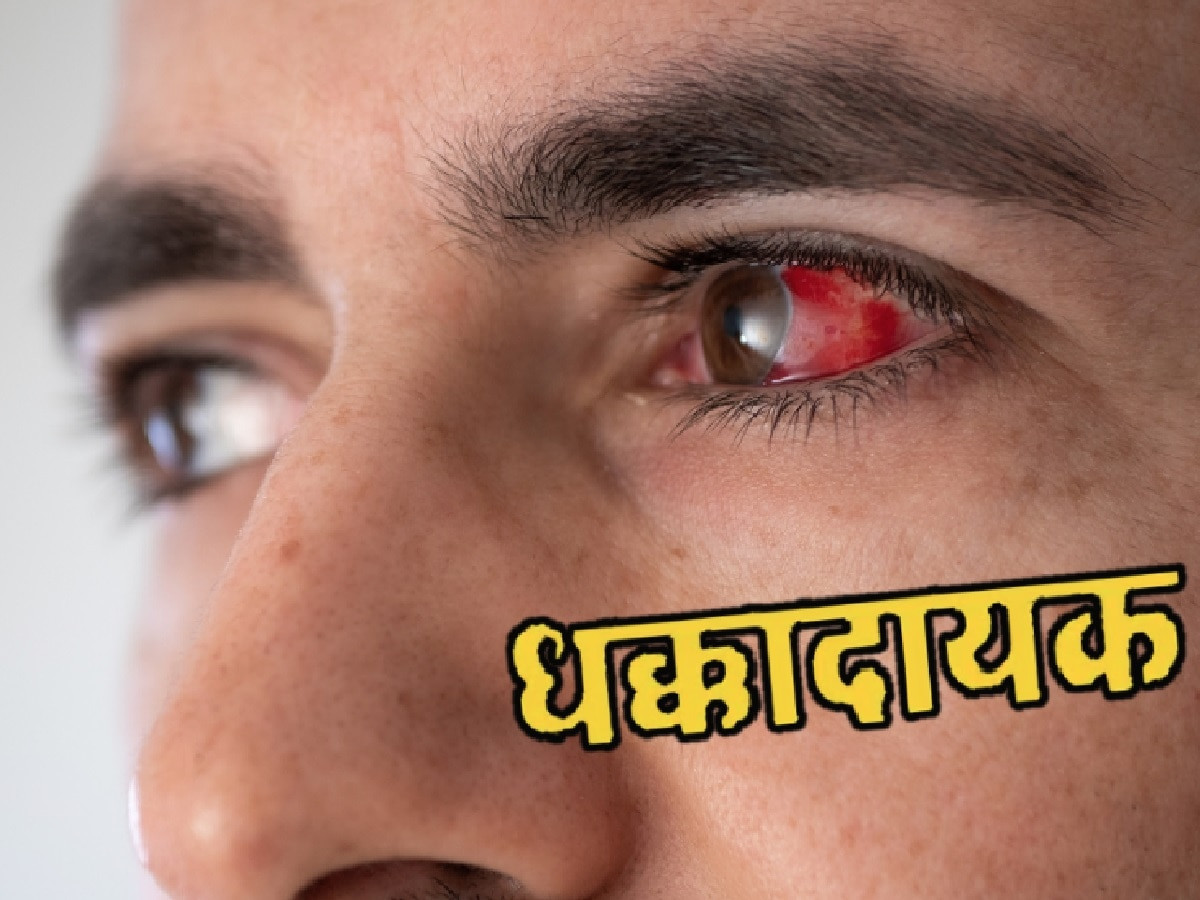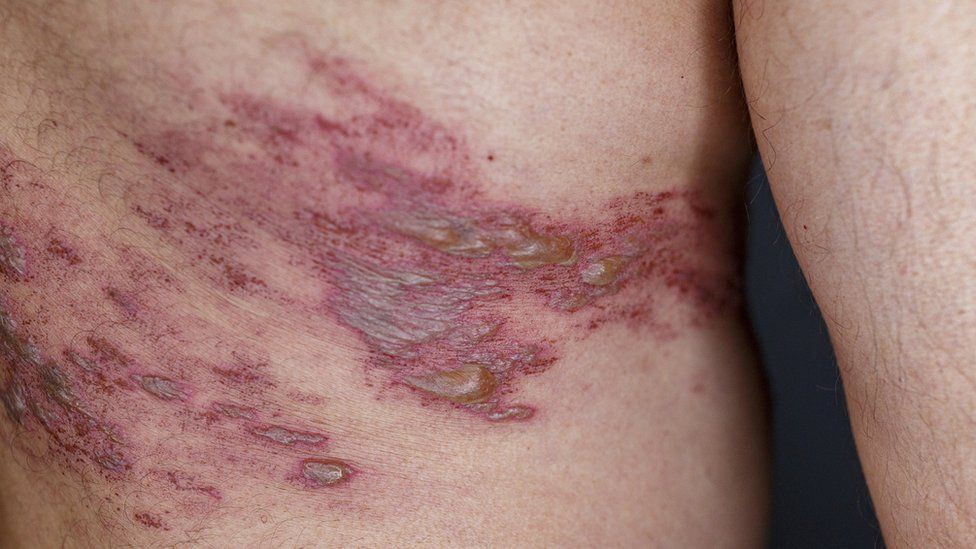Pregnant women and older people can now be vaccinated by the NHS against a respiratory virus that can make some people seriously ill.
Officials suggest the respiratory syncytial virus (RSV) programme could prevent thousands of hospital admissions for babies and elderly people, helping to ease pressure on the NHS in the run-up to the winter months.
The vaccination won’t be available for everyone but two groups will be offered it from September 1.
Adults who turn 75 on or after September 1 will also be offered the jab.
A one-off catch-up programme will target those aged 75 to 79 to make sure older people are protected ahead of winter.
Steve Russell, national director for vaccinations and screening at NHS England, said: “After months of preparation from our hardworking staff, for the first time ever we are now offering the RSV vaccine to pregnant women and older adults at greatest risk – helping to protect the lives of those vulnerable and ease pressures across the NHS as winter approaches.
“Getting vaccinated is the best way you can protect yourself and those around you – and while RSV infections can occur all year round, cases usually peak in winter, so it’s important that those eligible take up the offer as soon as possible this autumn when offered by the NHS.”
What is RSV?
RSV causes infections of the lungs and respiratory tract and typically causes cold-like symptoms in healthy adults and older children. However, those at risk of severe illness from the virus are babies, premature infants, older adults and people with heart and lung disease or a weak immune system.
According to the NHS, an average of 146 young children were in hospital with RSV each day at the peak of winter last year, an increase of 11% on the previous year.
Kate Brintworth, chief midwifery officer for NHS England, said: “Vaccination is a vital means of protecting babies, women and families, as well as helping to manage increased pressures on NHS capacity during the winter period.”
Professor Dame Jenny Harries, chief executive of the UK Health Security Agency (UKHSA), urged those eligible to take up the jab, along with vaccines for flu and Covid-19.
“UKHSA has provided critical scientific information to evidence the benefits of a national RSV programme and so the rollout of the vaccine is a truly positive moment for the public’s health,” she said.
“Having a new RSV vaccine offers huge opportunities to prevent severe illness in those most vulnerable, helping to protect lives as well as ease NHS winter pressures.
“As we head into winter it’s vital all those eligible for vaccinations such as RSV, flu and/or Covid-19 take them up as it is the best way to protect yourself and those around you.”
The Impact of RSV
Andrew Gwynne’s grandson was just weeks old when he contracted the virus which developed into bronchiolitis and medics put him in an induced coma. He spent two weeks in intensive care.
“It was just heartbreaking watching this tiny, weeks old baby just helpless on the machine,” Mr Gwynne told the PA news agency.
“Around 20,000 babies a year are hospitalised with RSV, and very tragically between 20 and 30 a year will die from it.
“And yet it’s entirely preventable. So that’s why this vaccine is so important.
“I don’t want any parent or grandparent to have to go through the trauma that we went through with our grandson with something that is entirely preventable, which RSV is.”
Mr Gwynne added that the vaccine “will ease enormous pressure on the NHS”.
He said: “From my perspective, firstly, on the human level, for any illness that is preventable, it’s our duty to prevent it.
“We’ve got the tools to prevent RSV, and so I encourage those in the two cohorts, the pregnant mums with babies, and the 75 to 79s, to take it up.
“But it also does ease pressure on the NHS.
“So take the babies – approximately 20,000 babies a year are hospitalised because of RSV.
“This vaccine programme can free up thousands of hospital spaces to deal with other life-threatening diseases, for which there isn’t a prevention yet.
“And likewise with the elderly. Around 9,000 people aged over 75 will end up in a hospital bed yearly with conditions such as pneumonia that has been caused by RSV.
“And if that RSV is preventable, that pneumonia is preventable, and just freeing up a fraction of those beds in the difficult winter months will ease enormous pressure on the NHS.”
London: A Case Study in RSV Prevention
RSV is highly contagious and while it causes mild, cold-like symptoms in most cases, it can be serious and even life-threatening to babies, older people and those with a weakened immune system.
The RSV vaccine will be offered to pregnant women at 28 weeks, and older adults, including those turning 75 from today. There will also be a one-off ‘catch-up’ offer for everyone aged 75 to 79 years old to ensure the older age group are protected as the winter months approach.
A recent detailed analysis looking at data from England and Wales, which if apportioned to the population of London, indicates that the vaccine could prevent around 3,600 GP consultations, plus an estimate of around 2,700 emergency department attendances every year, and around 12,600 fewer cases of RSV in children under a year old in London.
The NHS in London is encouraging as many pregnant women as possible to get the vaccine. It is estimated that if around 60% get the RSV jab it could prevent nearly 40 children being admitted to intensive care units at London hospitals this winter. RSV illness is the main cause of winter pressures in children’s hospitals each year – leading to pressure on paediatric intensive care units and cancelled operations.
Dr Julie Hammond is receiving her maternity care at St Thomas’ Hospital in London. She plans to get the RSV vaccine as part of her care when she is eligible.
“As a GP I have seen mothers and parents whose child has had RSV and ended up in hospital. I have also worked on paediatric wards and in A&E, and I have seen babies brought in, acutely unwell, with some of them having to go to intensive care because of how poorly they become from this infection.
“The RSV vaccine is the safest way to protect you and your baby against the virus. It has an excellent safety profile and is a highly effective treatment against RSV. It has been rigorously tested and approved by medicine regulators in the UK, Europe and the USA. Many thousands of women have had the vaccine in other countries, including more than 100,000 women in the USA.
“I have seen the impact RSV can have on the infant and their parents, and I am not willing to take that risk with my baby. I will be having the RSV vaccination, and I would strongly advise my patients, and other pregnant women, to do the same.”
Chief Nurse for the NHS in London, Jane Clegg, said:
“We’re encouraging everyone who is eligible, to get the RSV vaccine this autumn. RSV is very common, with around nine out of every ten children getting the infection before they are two years old.
“Many people are still not aware of this virus, which in some cases can lead to severe lung infections, like pneumonia and infant bronchiolitis, and is a leading cause of infant mortality globally. The vaccine reduces the risk of severe bronchiolitis by 70% in the first six months of life.
“Having the vaccine during every pregnancy is the best way to protect your baby against RSV, as the vaccine boosts your immune system to produce more antibodies against the virus, and these then pass through the placenta to help protect your baby from the day they are born.
“I urge you to have the RSV vaccine at your 28 weeks antenatal appointment or speak to your maternity team.”
Nationwide Rollout: A Step Towards Winter Preparedness
While RSV infections can occur all year round, cases usually peak every winter around December, so it’s important that those eligible take up the offer as soon as possible when invited by the NHS from 1 September. Women should speak to their maternity service about receiving their vaccine from 28 weeks to at any point up to birth.
Alternatively, pregnant women can get vaccinated by request at their local GP practice, while older adults will be invited by their local GP practice.
RSV, a leading cause of infant mortality around the world, is a common cause of coughs and colds but can lead to severe lung infections like pneumonia and infant bronchiolitis, which are highly dangerous to older people and young children.
As part of winter preparations, the NHS in the North West will be vaccinating pregnant women and older adults, including those turning 75 on or after 1 September.
There will also be a one-off ‘catch-up’ offer for everyone aged 75 to 79 years old to ensure the older age group are protected as the winter months approach.
Staff from vaccination and maternity teams across the region have worked hard to offer vaccination services so that it is as easy as possible for pregnant women to get the life-saving jab at any point from 28 weeks into their pregnancy, alongside their maternity care.
Women should speak to their maternity service about receiving their vaccine from 28 weeks to at any point up to birth. Alternatively, pregnant women can get vaccinated by request at their local GP practice, while older adults will be invited by their local GP practice.
Research from the thousands of women across the world who have been vaccinated against RSV shows that it reduces the risk of severe lung infection by around 70% in the first six months of life, with NHS teams across the region gearing up to roll out the jabs all year round as of this week.
Having the vaccine during pregnancy is the best way to protect a baby from getting seriously ill with RSV, as the vaccine boosts the mother’s immune system to produce more antibodies against the virus to help protect the baby from the day they are born.
Dr Paula Cowan, Regional Medical Director for Primary Care at NHS England North West, said: “I’m so pleased that we are now able to offer the first ever RSV vaccine to pregnant women and older adults at greatest risk – helping to protect the lives of those most vulnerable and ease pressures across the NHS as winter approaches.
“Getting vaccinated is the best way to protect yourself and those around you – and while RSV infections can occur all year round, cases usually peak in winter, so it’s important that those eligible take up the offer as soon as possible this autumn when offered by the NHS.
“Thank you to the NHS team who have worked incredibly hard to make this groundbreaking vaccination rollout possible.”
Michelle Waterfall, Deputy Chief Midwife at NHS England North West, said: “Vaccines in pregnancy are safe and effective and are a vital way to protect babies, women and families.
“This vaccine is one of four maternal vaccines offered to pregnant women. So, if you are pregnant, please speak to your midwife or maternity provider about getting the RSV vaccine as soon as possible from 28 weeks, as this will provide your baby with the greatest protection and it also means if your baby is born early, they will be protected.”
The RSV virus is a main cause of winter pressures in children’s hospitals every year, leading to increased pressure on paediatric intensive care units.
RSV cases in children have been increasing in the past couple of years, with an average of 146 young children in hospital each day at the peak in winter last year (w/e 3 December 2023), up 11% on the peak observed during the previous winter (132) from the same time in late November.
A recent study in the Lancet showed that in the North West the new programme could prevent 628 hospitalisations and 1,885 A&E attendances for infants – a critical, life-saving step forward to help front line staff prepare for increased winter pressures.
The same modelling suggests that the first season of the older adult’s catch-up programme could prevent around 335 hospital admissions, 2,112 GP visits and 7,701 RSV illnesses in adults in the older age group.
A Multi-pronged Approach to Winter Health
Flu vaccinations will be offered to pregnant women and most children from this month, and will also be offered to others eligible alongside the COVID-19 vaccine from 3 October.
As advised by Joint Committee on Vaccination and Immunisation (JCVI), The RSV vaccine has been approved by medicines regulators in the UK, Europe and the USA. Many thousands of women have had the vaccine in other countries, including more than 100,000 women in the USA.
With youth RSV cases increasing in prevalence over the last few years, a recent study suggested that this new programme could prevent around 5,000 hospitalisations and 15,000 A&E attendances for infants.
RSV is a major contributing factor to winter pressure across paediatric units up and down the country. It is a leading cause of infant mortality globally. Pregnant women will be able to protect their child with a jab once they are 28 weeks pregnant – the vaccine will also be made available for those aged 75-79.
The aforementioned research also showed that, for the older adult demographic, the vaccination drive could stop:
“After months of preparation from our hardworking staff, for the first time ever we are now offering the RSV vaccine to pregnant women and older adults at greatest risk – helping to protect the lives of those vulnerable and ease pressures across the NHS as winter approaches,” said NHS England’s national director for vaccinations, Steve Russell.
Research gathered from women around the world has indicated that it helps reduce the risk of severe lung infection by 70% in the first six months of life. More than 100,000 women in the US have already benefitted from the vaccine.
Government minister for public health and prevention, Andrew Gwynne MP, said: “RSV is preventable, and it is crucial that we take the necessary steps to protect ourselves and our loved ones. This new vaccine programme will reduce thousands of hospitalisations and save precious lives.”
Professor Dame Jenny Harries, CEO at the UK Health Security Agency (UKHSA), added: “UKHSA has provided critical scientific information to evidence the benefits of a national RSV programme and so the rollout of the vaccine is a truly positive moment for the public’s health.
“Having a new RSV vaccine offers huge opportunities to prevent severe illness in those most vulnerable, helping to protect lives as well as ease NHS winter pressures.”
A Hopeful Outlook
The widespread implementation of the RSV vaccine represents a significant step towards protecting vulnerable populations and easing the pressure on healthcare systems during winter. The positive impact on both individual health and the overall burden on healthcare services emphasizes the importance of vaccination as a crucial tool in safeguarding public health. As the NHS continues its efforts to prepare for the upcoming winter season, the rollout of the RSV vaccine stands as a beacon of hope, promising a healthier and less strained winter for those most in need.


















